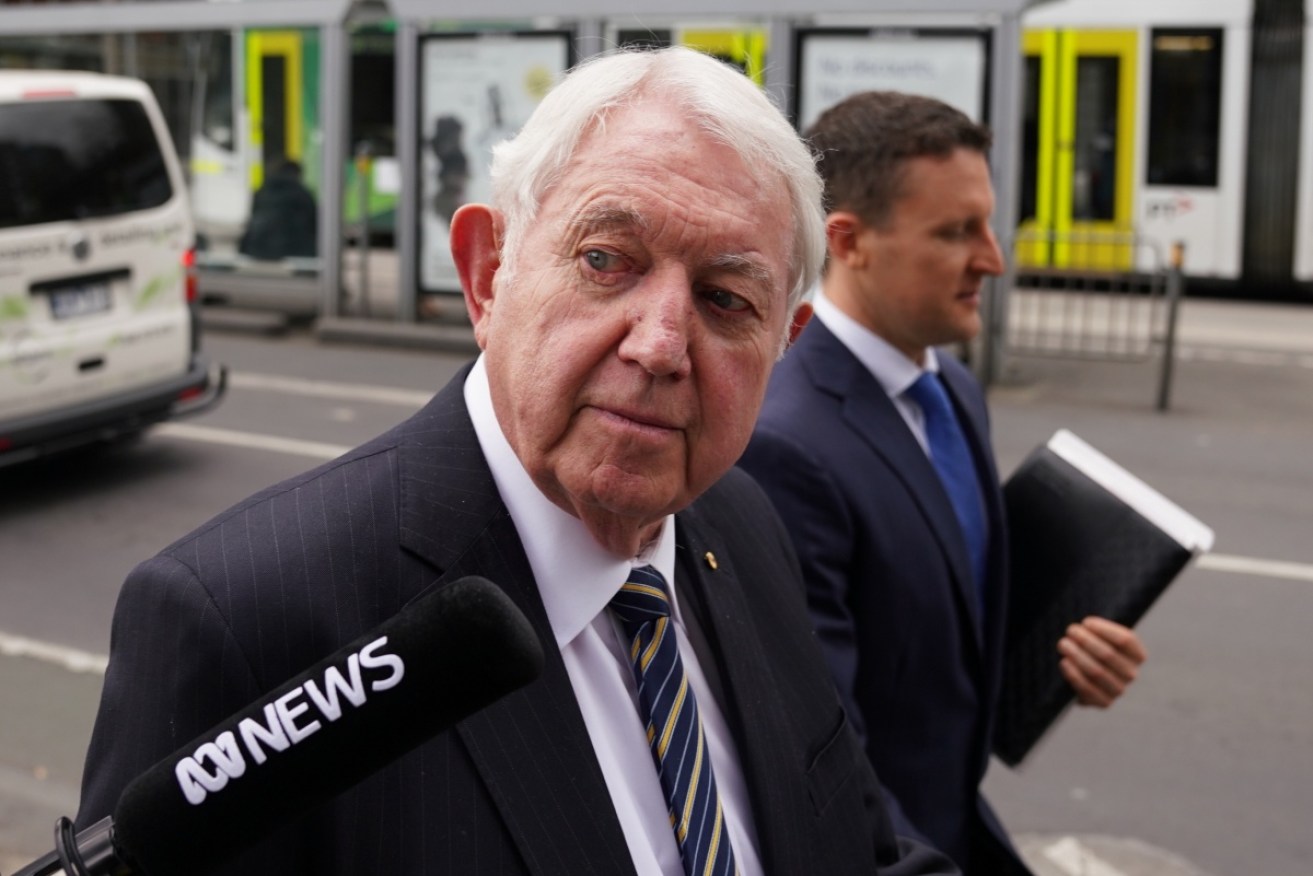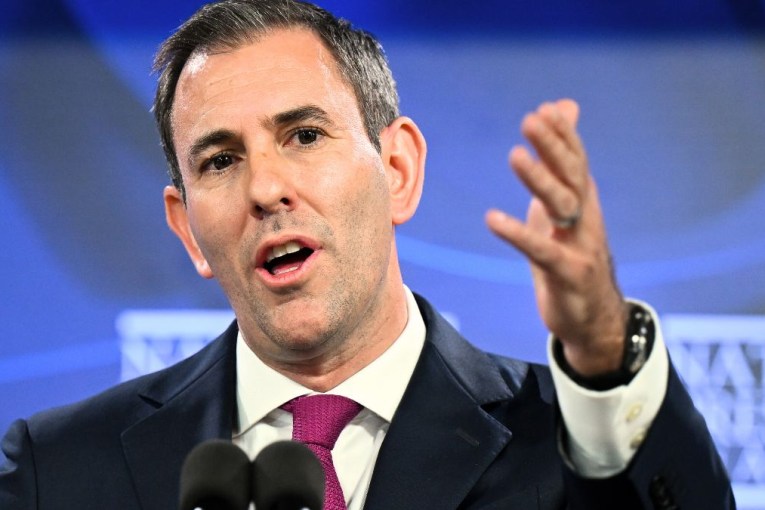Cash savings go backwards in AMP super fund


Richard Allert, chairman of AMP's superannuation trustee companies, gave evidence to the banking royal commission on Thursday. Photo: AAP
Some AMP clients have earned negative returns on cash options in their superannuation funds and would have been better off with their money in one of the organisation’s bank accounts, the royal commission has heard.
An example aired at the commission showed that one client had received as little as 0.47 per cent on cash investments in AMP’s superannuation funds over one year.
Over the same period, when fees were included, the net return fell as low as -0.39 per cent.
Richard Allert, chairman of AMP’s superannuation trustee companies, told the commission those results could happen because of the high fees charged by the trustees to super members.
In one example shown to the commission, a client had a negative return on a cash investment of $451 over three years following almost $2000 in costs levied on the account.
Counsel assisting Michael Hodge QC asked Mr Allert if “the administration fee at the moment is 100 basis points”.
“It could be in excess of that,” Mr Alert replied.
To demonstrate that, an example was given of an account with a $100,000 investment where the client was charged administration fees of $1200, or 1.1 per cent.
Have you made any inquiries as to why it is that a member that is invested in 100 per cent cash was paying fees that were higher than the gross return?”
Mr Allert said AMP was in the process of cutting administration fees to 50 basis points.
He admitted that, even with the lower fees, it was likely a member would get higher cash returns if they simply invested their cash in AMP’s bank. Mr Hodge asked why, in that case, a client would choose to invest in the cash option in an AMP super fund.
Mr Alert replied that the question would need to be addressed to the client concerned.
Mr Hodge observed that members in AMP super cash options would not necessarily have chosen those options as they could have been default customers directed there by their employers. Mr Allert agreed.
Mr Hodge pointed out that, even with the planned cut in administration fees, AMP members would still not get a deal comparable with the best in the market. As a result, its funds could still be said to not be acting in the best interests of clients.
Again, Mr Allert agreed.
Mr Allert said there had been negative returns for 12,500 members with $43 million invested. The group will remediate those members about $5 million overall.
The commission also heard that different parts of the AMP network were paid more than $16 million to provide services to super funds. Much of this fee was undocumented and based on historical practices within the company.
“Reading it now, I’m surprised that it says that,” Mr Allert said.
Elsewhere, ASIC submitted a document to the commission detailing its concerns about NAB’s breaches of company law. The regulator detailed instances of NAB charging fees for no service, and noted its concerns about its “monitoring and supervision process”.
Examples of the fee breaches were “widespread and affected a large number of clients over a period of many years”.
ASIC also said NAB had no “adequate method of identifying situations where the advice fees ought to be cancelled”. It had also failed “to exercise the requisite degree of care and diligence” in its operations.








